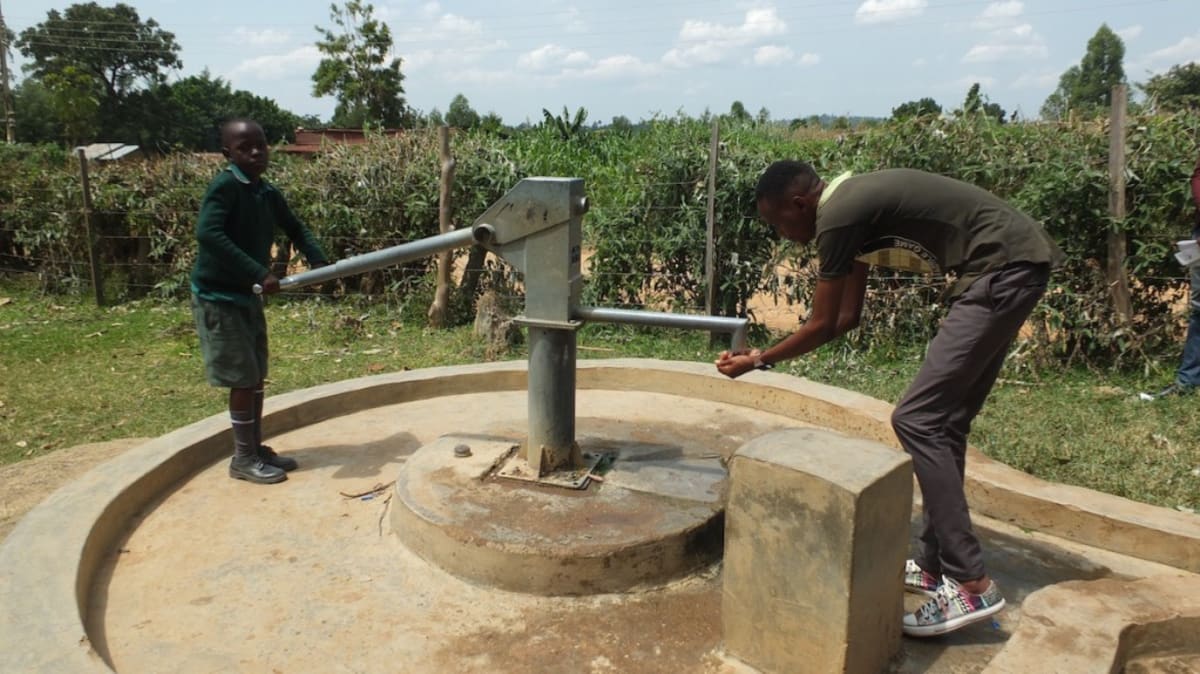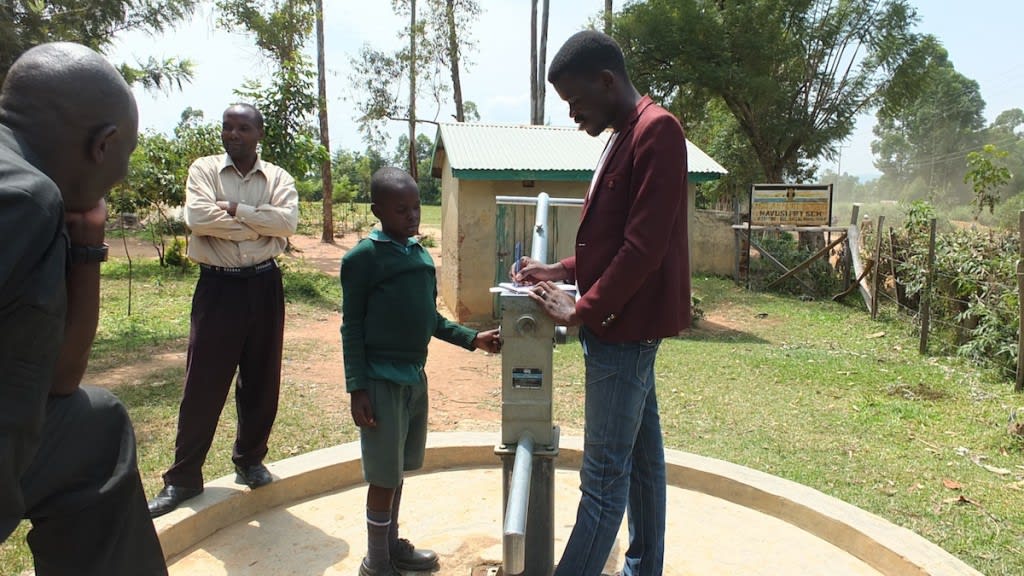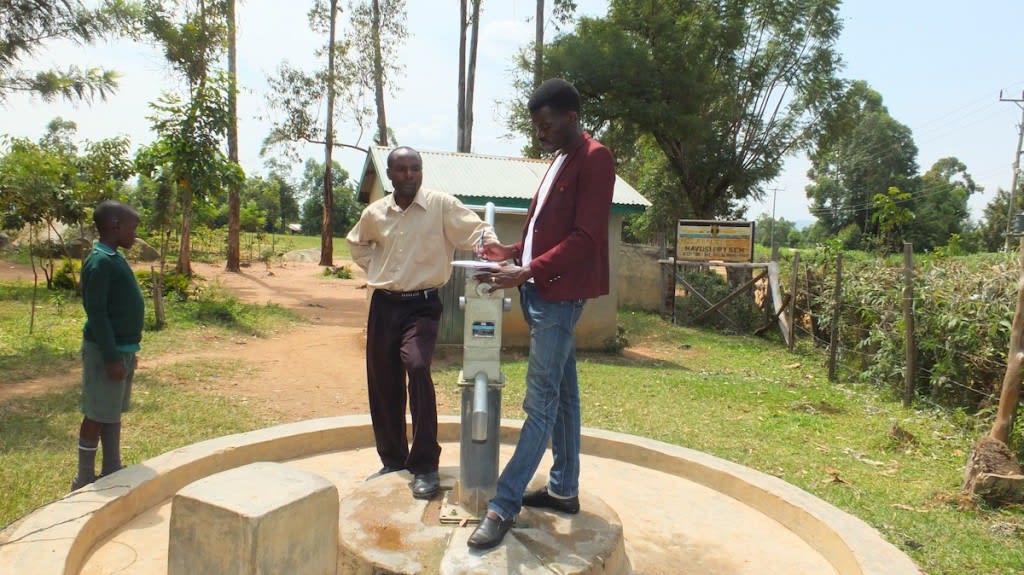This project is a part of our shared program with Safe Water and Sustainable Hygiene Initiative (SAWASHI). Our team is pleased to directly share the below report (edited for clarity, as needed).
Welcome to the School
Mavusi Primary School is a day school located in Kakamega County, Malava Sub-County, Mavusi Village. The school was started with the aim of eradicating poverty in Mavusi Village. The inhabitants of this community are peasant farmers who depend on their crop production to make a living. Even with the products harvested from their small farms, life is still a struggle for these farmers. Parents have no choice but to work even harder and longer to make the ends meet. Most families in this community live a "hand to mouth" lifestyle. This means that they do not have enough money to save, but must use what they have right away. The community doesn't know anything about family planning, with most families having five children or more.
The school enrolls a total of 602 students, comprised of 281 boys and 321 girls. It employs 17 teachers and three supplementary staff. (Editor’s Note: While this many people may have access on any given day, realistically a single water source can only support a population of 350-500 people. This school and their community would be a good candidate for a second project in the future so adequate water is available. To learn more, click here.) Every morning Monday to Friday, the pupils report to Mavusi Primary School with the hope of a better future. Apart from daily classes, the school also offers extracurricular sports.
Water Situation
In 1992, Kenya Finland Company installed a hand-dug well within the school compound. This well was fitted with a Nira pump which has since broken down. It's very difficult for the students to use, and is unreliable and hard to repair. The well pad is also cracked and open to contamination from surface runoff and student activity. Students bring their own plastic containers which they use to fetch water for drinking, cooking, and cleaning. The well's water is consumed with no knowledge of treatment such as boiling to ensure its safety. After drinking, cases of waterborne disease are often reported, and students must stay home until healthy enough for class.
Sanitation Situation
Sanitation at the school is passable. There are 12 pit latrines, the majority of them new. However, the school has no hand-washing stations. Garbage is piled away from classrooms on school grounds, and burned when there it gets too high.
The school sent in an application appealing for well rehabilitation, and after a visit to the well, we agreed that we should meet this need.
Plans: Hygiene and Sanitation Training
Teachers and students will be trained for two days at the school compound. The facilitator will use the CHAST (Children's Hygiene and Sanitation Training) method to help students discern between good and bad hygiene habits. Students will be taught how disease is spread at home and at school, and how to prevent this. An entire session will be devoted to teaching students when to wash hands and how to do it properly.
Plans: Hand-Washing Stations
Two hand-washing stations will be delivered to the school so that students can wash their hands after using the latrine and before eating. The school will make sure that these are filled with water and that a cleaning agent is always available.
Plans: Well Rehabilitation
The well is a hand-dug well fitted with culvert lining and a Nira pump, which does not function properly. At the time of our visit, the well had a total depth of 12 meters and a static water level of 5.3 meters. The well pad has worn-out edges and a cracked lining.
The rehabilitation process will include material collection, pad reconstruction, flushing, test pumping, water quality testing, water treatment, and then pump installation. The new pump will be an AfriDev, since it is easier for student to use and parts for repair are easily acquired.
The headteacher said that his school has a huge need for water and hygiene improvements. With this assistance, he believes that the academic performance of this school will improve. Students will no longer have to waste extra time pumping water that isn't even safe for drinking. If the health of pupils can be improved, learning will also improve.

 Protected Dug Well
Protected Dug Well






















